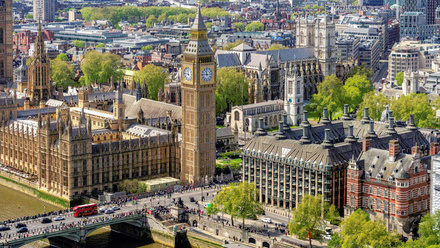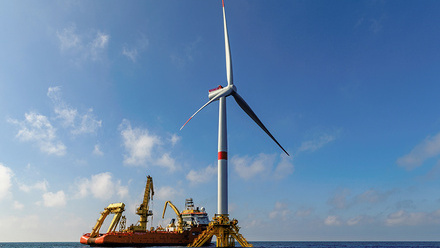UK Government outlines its Energy Security Strategy
Last night (6 April) the UK Government issued an outline of its Energy Security Strategy ahead of its publication later today.

The strategy is designed to provide greater energy security and help the UK respond to rising energy prices following surging demand after the pandemic and Russia’s invasion of Ukraine. After multiple delays, the strategy is due to be published in full later today but key announcements that have been outlined so far include:
- Nuclear: an ambition of up to 24GW by 2050, a new government body Great British Nuclear to be set up and the £120 million Future Nuclear Enabling Fund to be launched this month.
- Offshore wind: an ambition of up to 50GW by 2030 underpinned by planning reforms to reduce the approval times for new offshore wind farms
- Oil and gas: a licensing round for new North Sea oil and gas projects planned to launch in Autumn, with a new taskforce providing support to new developments
- Onshore wind: plans to consult on developing partnerships with communities to host new onshore wind infrastructure
- Heat pump manufacturing: plans to run a Heat Pump Investment Accelerator Competition in 2022
- Solar: plans to look at increasing the UK’s solar capacity, consulting on the rules for solar projects
- Hydrogen: an ambition of 10GW production capacity by 2030 (up from 5GW in the UK hydrogen strategy), with 50% from green hydrogen
- An increase in the number of clean jobs in the UK including in offshore wind, solar power and the UK hydrogen industry
Whilst it is encouraging to see an ambition to have 95% low-carbon electricity by 2030, improved targets and a drive to accelerate planning consents, the announcements so far leave much to be desired in terms of new policy measures or an uplift in funding. As we wait to see the detail of the full strategy, it is disappointing to see energy efficiency is yet to be mentioned despite having potential to contribute significantly to this agenda. Transitioning to a low-carbon, resource efficient society will play an essential role in improving the UK’s energy security. It is important therefore, that implementation of the net-zero strategy remains a focus point across government.







